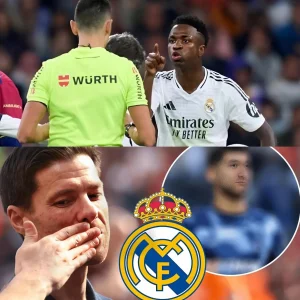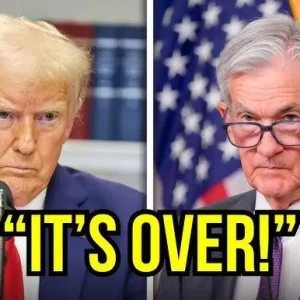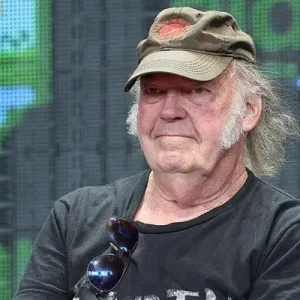On May 20, 2025, President Donald Trump held a widely publicized two-hour phone call with Russian President Vladimir Putin, followed by a conversation with Ukrainian President Volodymyr Zelenskyy, sparking intense speculation about the motives and outcomes of these discussions. The call with Putin, described by Trump as “excellent” on Truth Social, was intended to push for a ceasefire in the Russia-Ukraine war, with negotiations to begin immediately, possibly hosted by the Vatican. However, Trump abruptly canceled a planned face-to-face meeting with Putin in Saudi Arabia, leaving observers puzzled about what transpired during those 120 minutes. Reports suggest Zelenskyy, reeling from the diplomatic whirlwind, was left in a state of political disarray, raising questions about the call’s impact on Ukraine’s position.
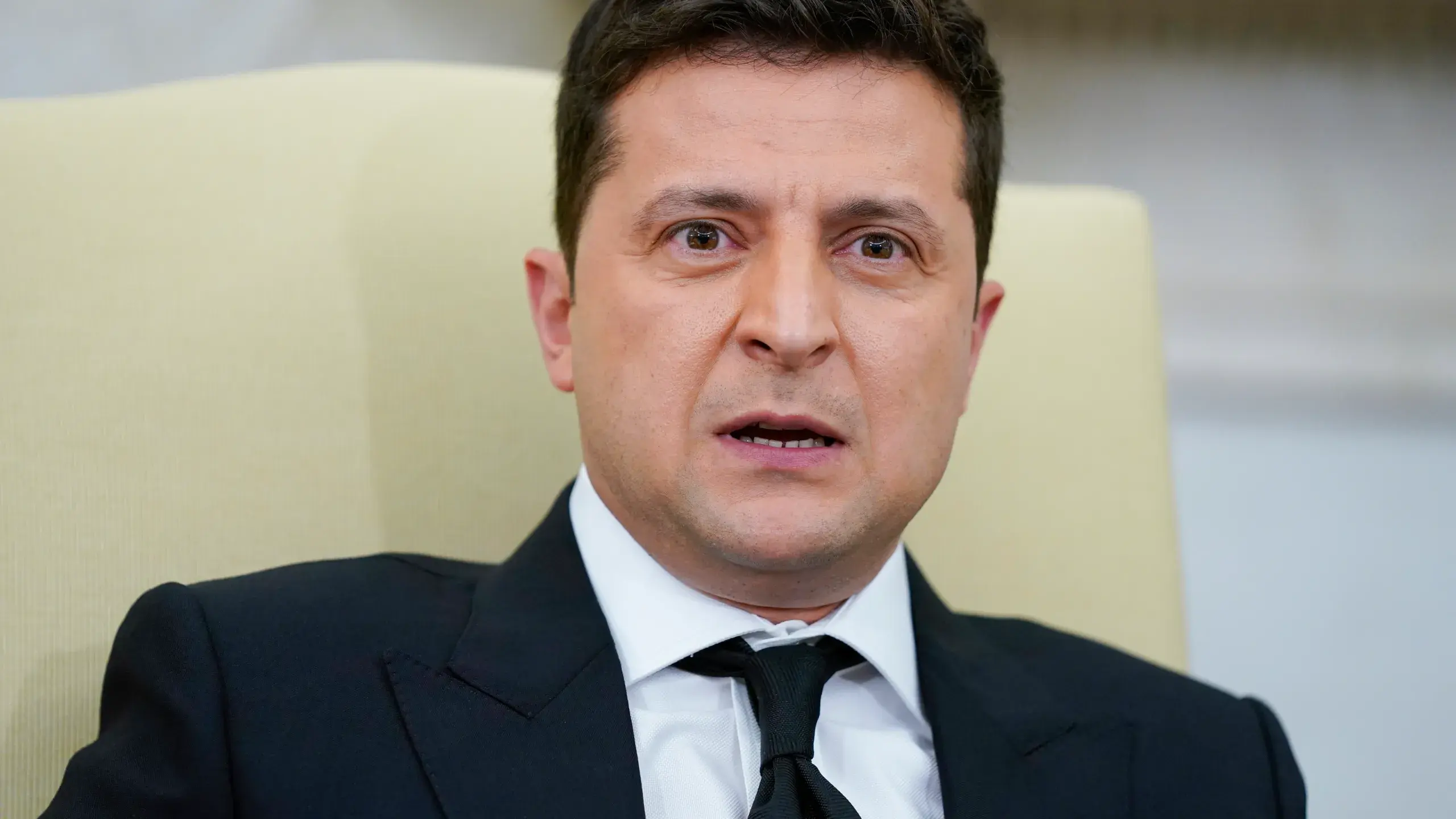
Sources familiar with the call indicate Trump pressed Putin on halting attacks on Ukrainian energy infrastructure, a proposal Putin agreed to for 30 days, alongside a prisoner exchange. Yet, Putin’s insistence on Ukraine ceding annexed territories, including Crimea, and remaining neutral clashed with Zelenskyy’s demands for full territorial restoration and NATO membership. Trump’s apparent openness to Putin’s terms, including ruling out Ukraine’s NATO aspirations, alarmed Zelenskyy, who reportedly urged Trump not to make decisions without Ukraine’s input. The Ukrainian leader’s frustration peaked as Trump seemed to sideline him, treating him as a “junior adjunct” to the talks, fueling perceptions of a diplomatic collapse for Zelenskyy.
The 120-minute conversation covered not only Ukraine but also trade, energy, and artificial intelligence, with Trump emphasizing potential economic benefits for Russia post-conflict. Putin, however, offered no firm commitment to a ceasefire, framing the call as preparatory for a future “peace memorandum.” Meanwhile, Russia launched a massive drone attack on Ukraine that weekend, killing 11, which Zelenskyy cited as evidence of Putin’s insincerity. Trump’s subsequent call with Zelenskyy and NATO leaders failed to reassure Kyiv, as he avoided condemning Russia’s aggression or threatening stronger sanctions, further eroding Zelenskyy’s confidence.
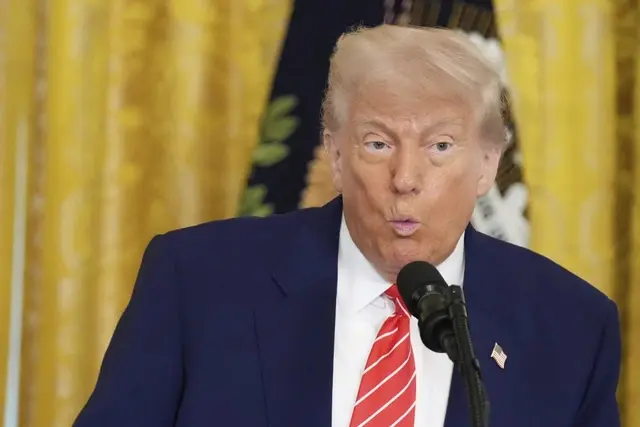 Posts on X reflect divided sentiments, with some users mocking Zelenskyy’s weakened stance, claiming “Putin is the boss,” while others criticized Trump for cozying up to Moscow without pressuring Putin. The abrupt cancellation of the Saudi Arabia meeting suggests Trump may have sensed Putin’s reluctance to compromise or faced pushback from advisors wary of alienating NATO allies. European leaders, including Ursula von der Leyen, expressed concern over Trump’s approach, insisting on a central role for Europe in negotiations.
Posts on X reflect divided sentiments, with some users mocking Zelenskyy’s weakened stance, claiming “Putin is the boss,” while others criticized Trump for cozying up to Moscow without pressuring Putin. The abrupt cancellation of the Saudi Arabia meeting suggests Trump may have sensed Putin’s reluctance to compromise or faced pushback from advisors wary of alienating NATO allies. European leaders, including Ursula von der Leyen, expressed concern over Trump’s approach, insisting on a central role for Europe in negotiations.
Zelenskyy’s reported “collapse” appears more figurative than literal, reflecting his precarious position as Trump leans toward Russia’s demands. The call’s fallout underscores a stark reality: Trump’s deal-making style prioritizes direct engagement with Putin, potentially at Ukraine’s expense. With no clear breakthrough and ongoing Russian attacks, the 120 minutes may have deepened Ukraine’s isolation, leaving Zelenskyy scrambling to rally international support at the Munich security conference. The world watches as Trump’s next moves could reshape the conflict’s trajectory.

